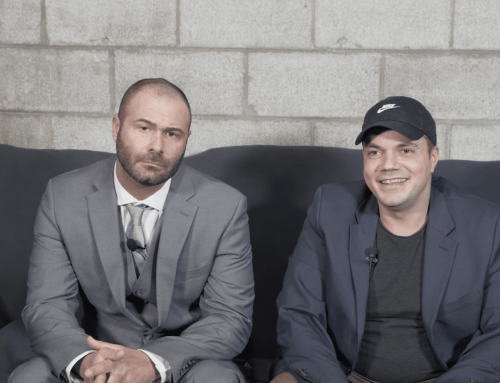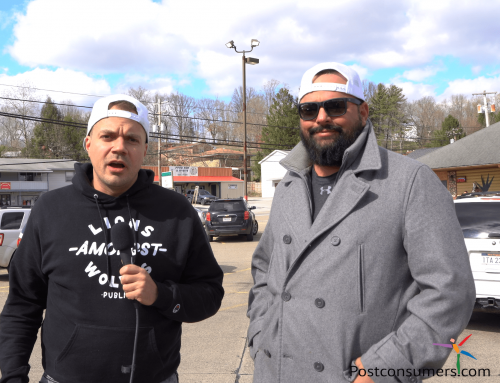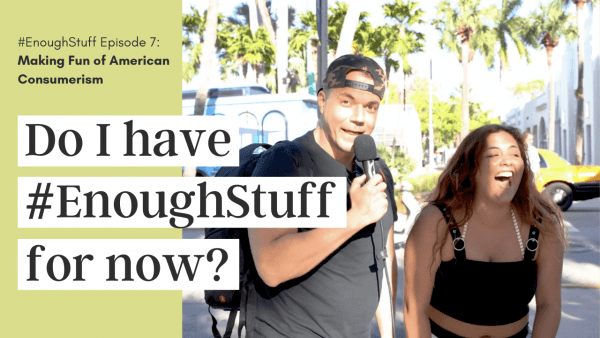We hear a lot about the virtues and values of simple, less, and minimal.
While living in a tiny house or liquidating most possessions in order to go cross-country backpacking may be exciting for some, these scenarios don’t work for most Americans. In fact, paring down is nearly impossible for mainstream consideration, let alone maintaining the stringent requirements sometimes associated with specific movements.
As it turns out, having less doesn’t automatically yield more happiness.
Though potentially liberating at first, doing without can become boring or even oppressive. Far from the promises of calming simplicity, it can wreak havoc on your decision-making abilities as you expend a large portion of mental bandwidth just trying to make it all work. Eventually, some depression and self-imposed deprivation can lead to feelings of guilt, shame, needing — even resentment.
Apparently, living minimally can be stressful and complicated, especially considering the mental and emotional calculus involved with navigating every purchase and constantly multi-tasking or measuring every purposeful function.
In other words, the “choice” to do without can lead to scarcity mindset, a dangerous belief in faux resource insecurity that can result in stressful, frantic actions. (We realize of course that the climate crisis is creating real and unpredictable resource insecurity.)
Postconsumers embraces mainstream because WE KNOW most Americans cannot do this.
What we hope to do is look at the question of “enough” for today. No need to give up or eliminate. The revolutionary element is the consideration and practice of what this means to each of us, even welcoming the high-end that everyone assumes is “disqualified.” We don’t judge people for what they have — we embrace the process and empower them to make this part of the national conversation around addictive consumerism.
During this festive season of giving, we want to be purposeful in our consumption choices. For postconsumers, making choices about lifestyle changes should lead to richer and fuller experiences. Not everyone can live out of a van, but that doesn’t mean you can’t access ways to be mindful about consumption. One easy way is to find the daily satisfaction of enough instead of settling for being satisfied. It’s about defining that individual balance.
There are many ways to find the balance and satisfaction of “enough stuff” this season.
We’ve linked to a few articles from major publications and our archives highlighting the research and practical limitations of extreme-lean lifestyles that advocate absolutes and prefer abstaining from indulgences. Let us know your thoughts along the way.
https://www.psychologytoday.com/blog/science-choice/201504/the-scarcity-mindset
https://www.nytimes.com/2017/04/29/style/when-the-gospel-of-minimalism-collides-with-daily-life.html
http://www.apa.org/monitor/2014/02/scarcity.aspx
https://www.postconsumers.com/category/stress-and-self-help/





